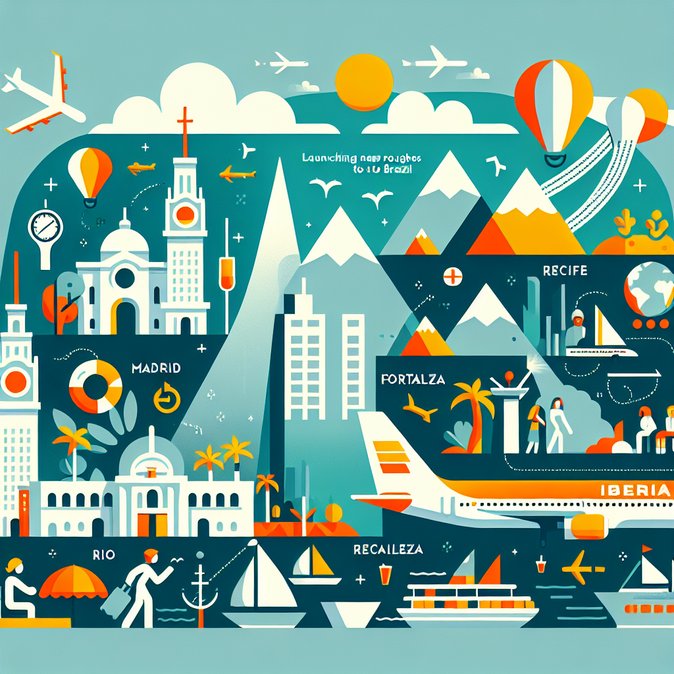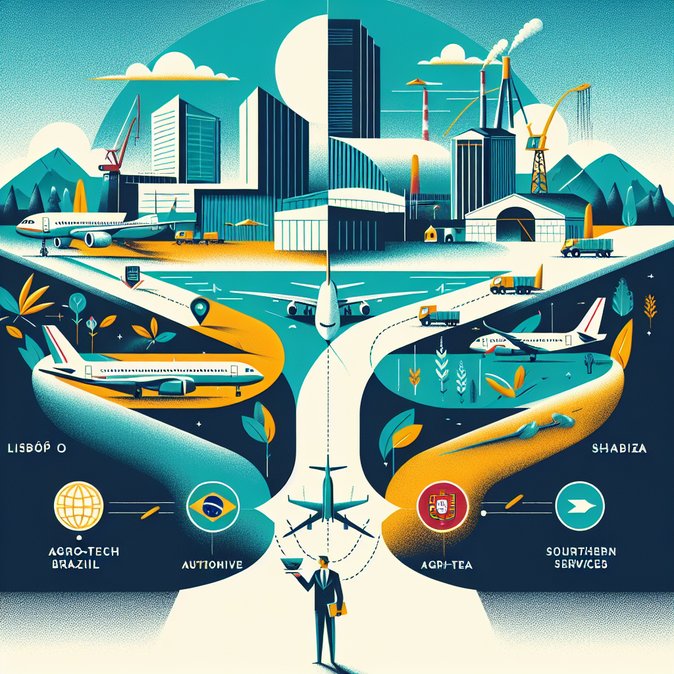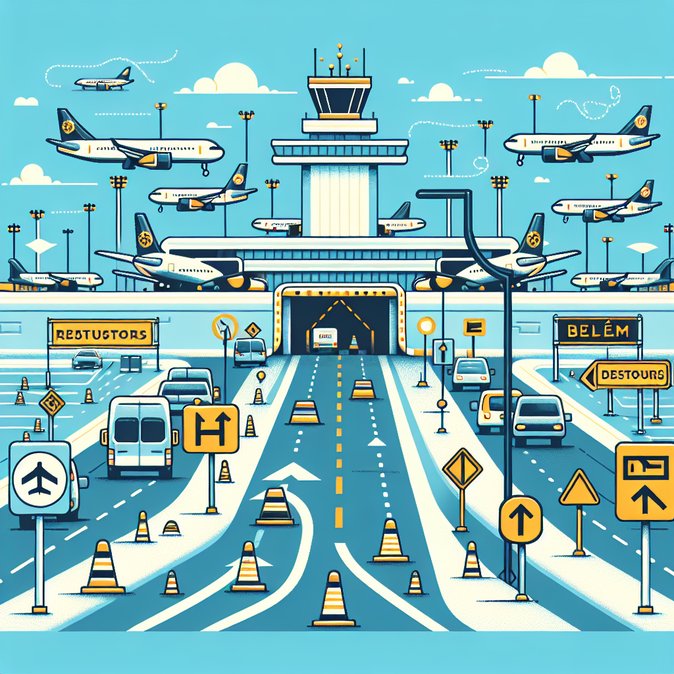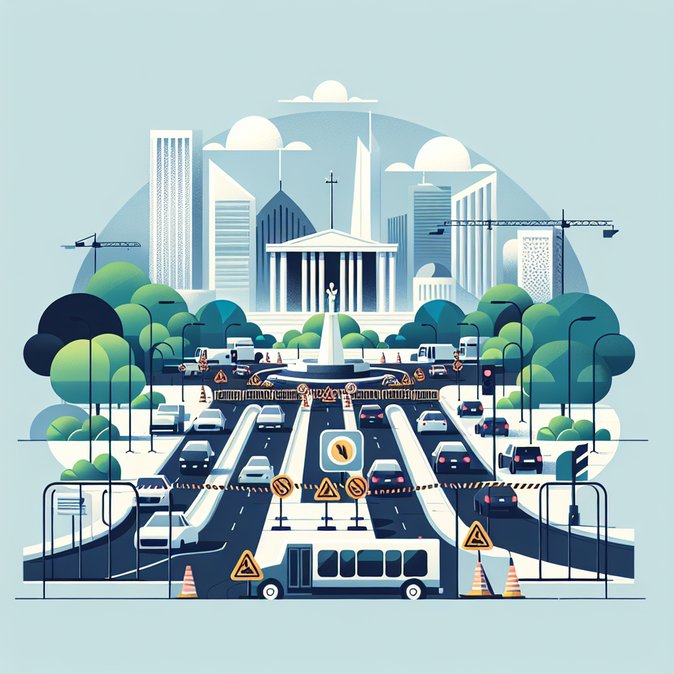
Security forces in Belém have hardened perimeter controls around the COP30 venue after indigenous and climate-justice protesters briefly breached the Blue Zone on 11 November, forcing UN guards to call for reinforcements. Adept Traveler field reports published late on 13 November detail new layers of police and military checkpoints on key approach roads — Nazaré, José Malcher and Almirante Barroso avenues — as well as lengthier badge and bag inspections at the Parque da Cidade entrances. Delegates are now advised to add 60–90 minutes to journeys between downtown hotels and Val-de-Cans Airport (BEL).
The escalation comes on top of Brazil’s pre-planned COP30 Mobility Plan, which already limits private vehicles, funnels taxis to designated drop-off zones and reserves fifteen 24-hour shuttle lines for accredited participants through 22 November. In the air, COMAE (Brazil’s Airspace Control Command) retains authority to impose short-notice ground holds or reroutes in the Amazon FIR, although scheduled commercial service continues.
![COP30 protests trigger tighter checkpoints and longer transfer times in Belém]()
Business travellers — particularly sustainability executives and NGOs attending mid-level negotiation days — face practical headaches: hotel shuttles have been stuck in traffic for up to two hours during evening peak, and several travel-risk consultancies have raised their advisory level for Belém from “low” to “moderate,” citing opportunistic street crime near protest marches.
Event organisers are responding by opening additional pedestrian gates and extending Blue Zone hours to spread arrivals. Some companies are shifting meetings to São Paulo or Brasília to avoid disruption, underlining why reliable ground access is now a key success metric for mega-events.
For global-mobility teams, the immediate action items are to communicate revised transfer buffers, remind travellers to carry photo ID and COP badges at all times, and verify that travel-insurance policies cover delays caused by civil unrest. Employers with chartered aircraft should reconfirm slots at BEL and ensure handlers have contingency fuel for potential airborne holding.
The escalation comes on top of Brazil’s pre-planned COP30 Mobility Plan, which already limits private vehicles, funnels taxis to designated drop-off zones and reserves fifteen 24-hour shuttle lines for accredited participants through 22 November. In the air, COMAE (Brazil’s Airspace Control Command) retains authority to impose short-notice ground holds or reroutes in the Amazon FIR, although scheduled commercial service continues.
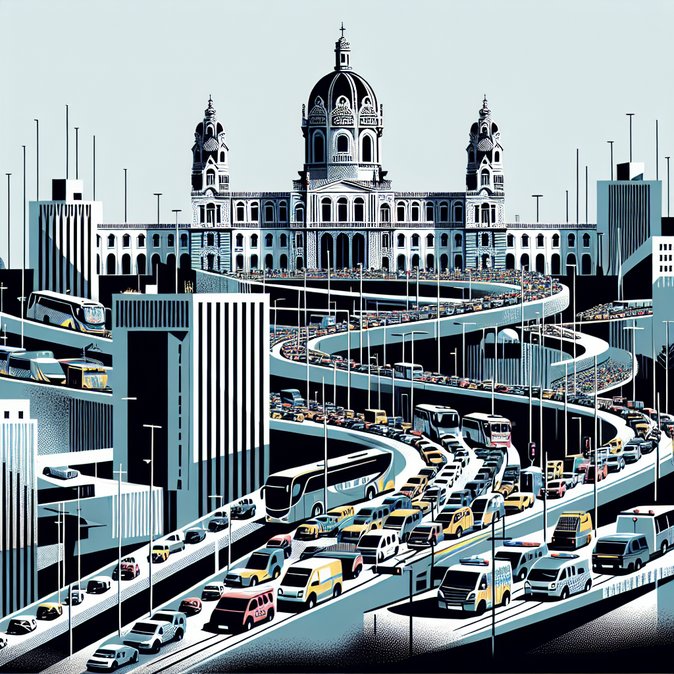
Business travellers — particularly sustainability executives and NGOs attending mid-level negotiation days — face practical headaches: hotel shuttles have been stuck in traffic for up to two hours during evening peak, and several travel-risk consultancies have raised their advisory level for Belém from “low” to “moderate,” citing opportunistic street crime near protest marches.
Event organisers are responding by opening additional pedestrian gates and extending Blue Zone hours to spread arrivals. Some companies are shifting meetings to São Paulo or Brasília to avoid disruption, underlining why reliable ground access is now a key success metric for mega-events.
For global-mobility teams, the immediate action items are to communicate revised transfer buffers, remind travellers to carry photo ID and COP badges at all times, and verify that travel-insurance policies cover delays caused by civil unrest. Employers with chartered aircraft should reconfirm slots at BEL and ensure handlers have contingency fuel for potential airborne holding.
